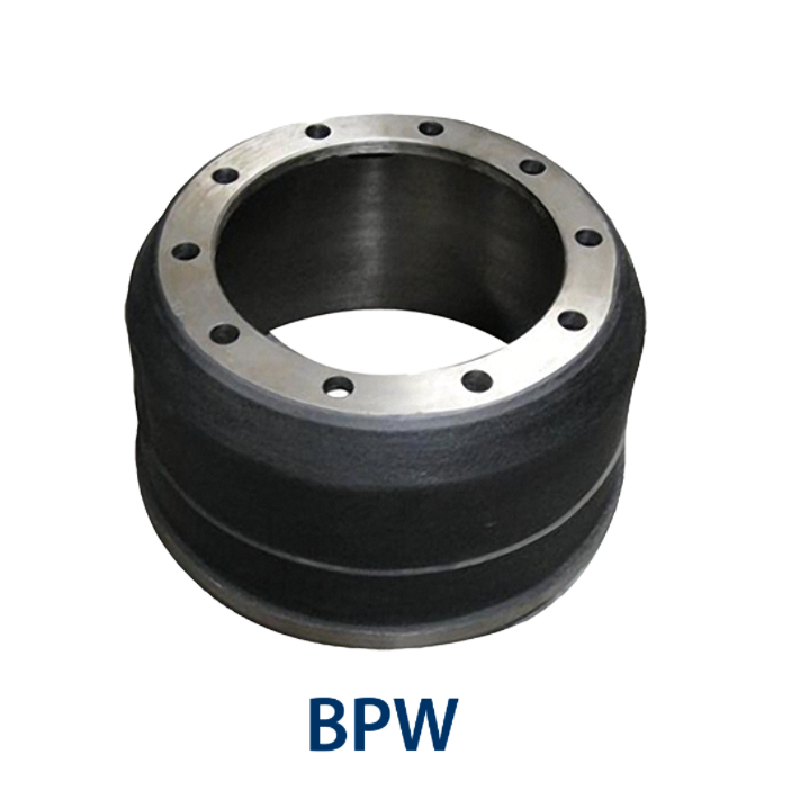Oct . 04, 2024 13:31 Back to list
how to keep brake drums from rusting
How to Keep Brake Drums from Rusting
Brake drums are a crucial component of a vehicle's braking system, providing the necessary friction to slow down or stop the vehicle effectively. However, exposure to moisture, dirt, and road salt can lead to rust formation, which can compromise their performance and longevity. Here are some effective strategies to keep brake drums from rusting and ensure their optimal function.
1. Regular Cleaning
One of the simplest ways to prevent rust on brake drums is through regular cleaning. After driving, especially in harsh weather conditions or on salty roads, it's essential to clean the wheels and brake components. Use a mild detergent mixed with water to wash off debris and grime. Make sure to dry the drums thoroughly afterward, as moisture is a primary contributor to rust formation.
2. Inspect for Damage
Periodic inspection can help identify problems before they escalate. Look for signs of corrosion, cracks, or pitting in the brake drums. If you notice any damage, it's recommended to replace the affected drums. Keeping them in good condition not only prevents rust but also ensures optimal braking performance.
Applying a rust-resistant coating can effectively shield brake drums from moisture and oxidation. There are various high-temperature paint products available specially formulated for automotive use. When applying the coating, ensure the surface is clean and dry. This protective layer can significantly prolong the life of the brake drums and minimize the risk of rust.
how to keep brake drums from rusting

4. Proper Storage
If you are storing your vehicle for an extended period, consider taking precautions to protect the brake drums. Ensure the vehicle is stored in a dry, well-ventilated area to minimize moisture exposure. Additionally, consider running the engine and applying the brakes periodically to keep the components active and less susceptible to rust.
5. Use Quality Brake Components
Investing in high-quality brake drums can make a significant difference in rust resistance. OEM (Original Equipment Manufacturer) parts or reputable aftermarket options often come with better rust-proofing features and materials, providing more durability over time. Always do your research when purchasing new brake components to ensure you are getting the best quality.
6. Regular Maintenance
Lastly, incorporate regular brake system maintenance into your vehicle upkeep routine. Schedule inspections, replace worn parts, and ensure that brake fluid levels are adequate. A well-maintained braking system not only enhances safety but also significantly reduces the chances of rusting.
In conclusion, rusting brake drums can pose serious safety risks and lead to costly repairs. By following these preventive measures—regular cleaning, inspection, using rust-resistant coatings, proper storage, investing in quality components, and consistent maintenance—you can effectively keep brake drums from rusting and ensure a safer driving experience.
-
Brake Drum Man - High-Quality Drum Brake Drums & Brake Shoes for Reliable Performance
NewsJun.24,2025
-
High-Quality Brake Drum Kamaz – Durable Drum Brake Drum & Brake Shoe Replacement
NewsJun.10,2025
-
High-Quality Brake Drum Liza for Drum Brake Systems - Superior Durability and Performance
NewsJun.10,2025
-
High-Quality Brake Drum Kamaz – Durable Drum Brake Drum & Brake Shoe Solutions
NewsJun.10,2025
-
Durable Kamaz Brake Drums High-Performance Truck Parts
NewsJun.09,2025
-
Premium Brake Drum Maz Kit with Shoes Enhanced Braking
NewsJun.09,2025
